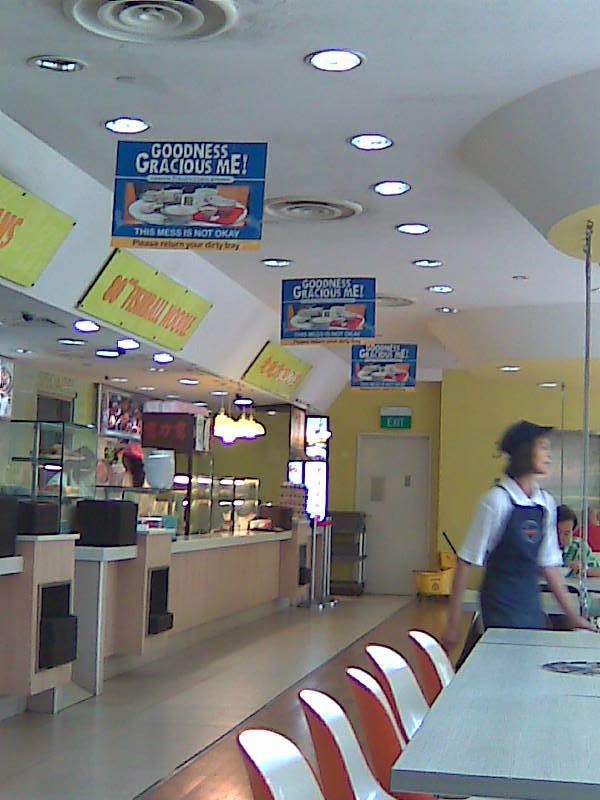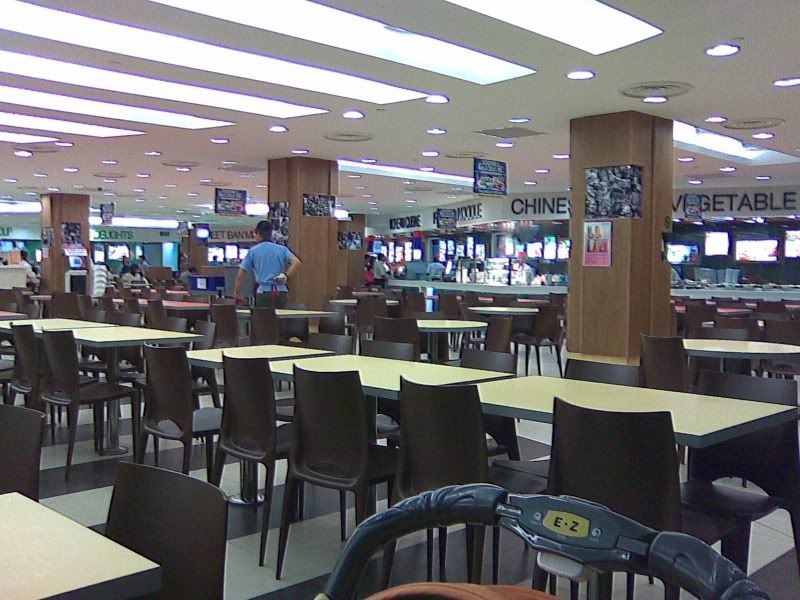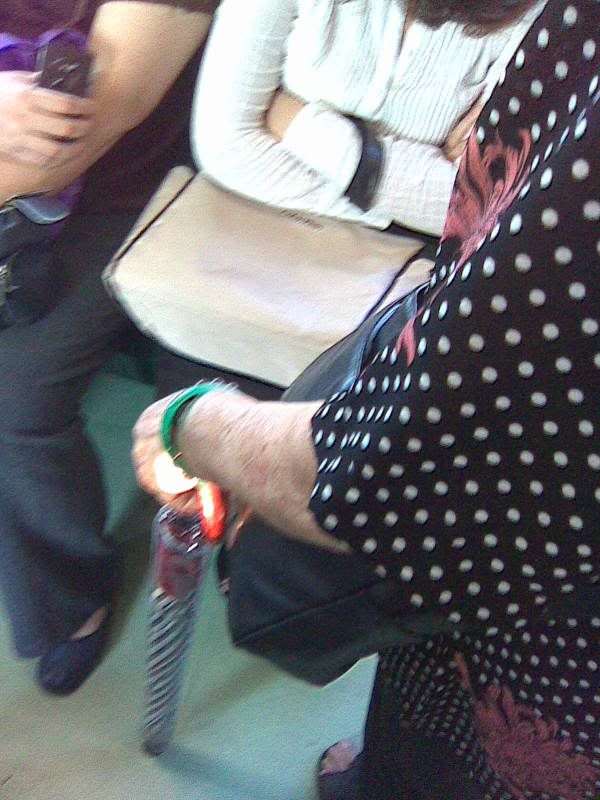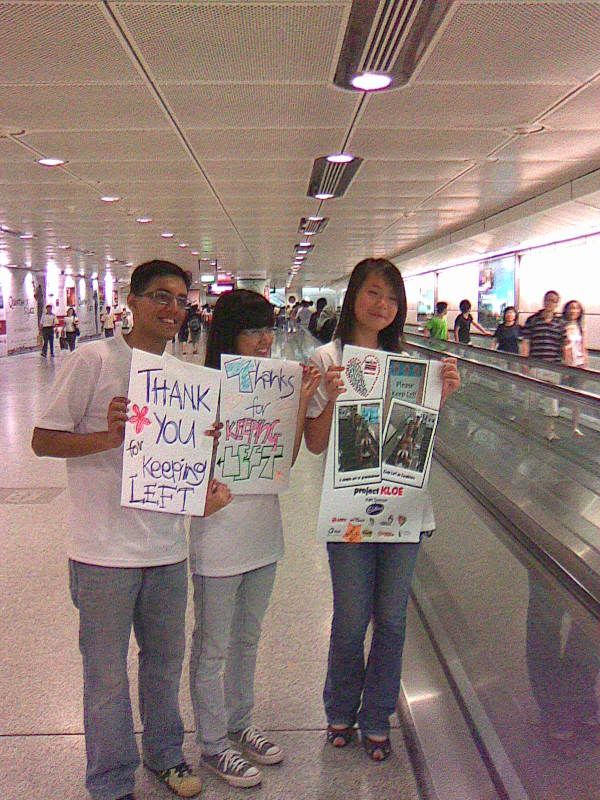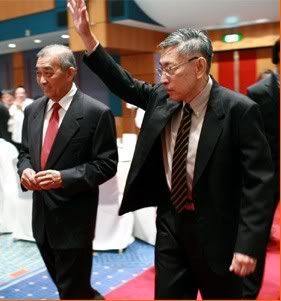
Last Sunday, the Sunday Times published a report about Potong Pasir MP Chiam See Tong, “Recovering from stroke but Chiam is sharp and lucid”. By mainstream media standards, this was a relatively positive article about an opposition politician who has served his constituents well for over 20 years.
Today, a letter in response to that article was published, titled “Chiam See Tong should call it a day”. In it, the writer wrote:
History is awash with leaders who do not know when to quit, and I hope Mr Chiam will not go this way.
This also raises the question of whether there is any parliamentary rule to retire an MP who has suffered a stroke.
The issue is not whether an MP wants to carry on working. That is for Parliament to decide.
It is not for Parliament to decide whether or not an elected MP should be forced to retire against his will, if he has committed no crime. Articles 45 and 46 of the Constitution of the Republic of Singapore lay out the grounds for disqualifications and tenure of MPs. Among the grounds for disqualification are:
- Being of unsound mind;
- Becoming bankrupt;
- Being sentenced to prison for over 1 year, or fined more than $2,000;
- Taking up citizenship in another country;
- Resigning or being expelled from his political party;
- Being absent from Parliament sittings for 2 consecutive months;
Article 44 states the qualifications of MPs, among which are:
- He is able, with a degree of proficiency sufficient to enable him to take an active part in the proceedings of Parliament, to speak and, unless incapacitated by blindness or other physical cause, to read and write at least one of the following languages, that is to say, English, Malay, Mandarin and Tamil;
This is the only point that could make him unqualified to stand for election at the next election. However, the Constitution does not state in Article 46 (Tenure of office of MPs) that persons who do not meet the qualifications set out in Article 44 cannot continue to serve as MPs in their current term.
In any case, Mr Chiam has demonstrated in Parliament during the Budget and Committee of Supply debate that he is able to speak, albeit rather slowly and painfully. Even if he is unable to speak due to his stroke, being able to read and write will still qualify him to run for office in future.
If he chooses to run for office again, the voters of the constituency he contests — not Parliament — should be the ones who decide his political fate.
I fail to understand what the objective of the writer’s letter is. Is it to demonstrate his sympathy for an elderly gentleman, or to have one of the three opposition MPs in Parliament removed? I don’t think Mr Chiam needs any sympathy from the writer. He has chosen to continue serving his constituents to the best of his abilities. No one is forcing him to continue serving while ill.
Regardless of one’s political affiliations, I think Chiam See Tong deserves to be greatly honoured for his years of unwaivering service to the residents of Potong Pasir, and his contributions to the cause of a responsible and respected opposition in Singapore.
(Photo from Blue Skies Communications: Chiam See Tong walks in to a standing ovation by over 1,120 guests at the ACS Founders’ Day dinner in March 2008. Click here to read my comment about ACS’ guest-of-honour invitation to Mr Chiam.)
